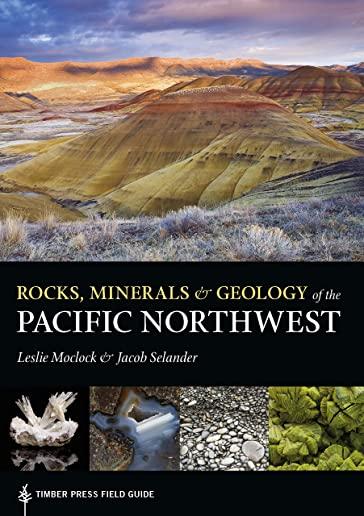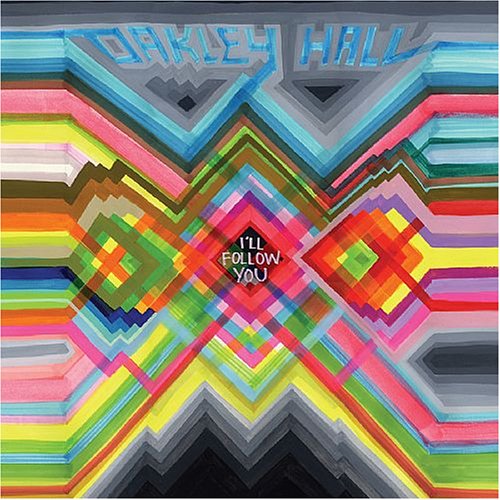
Carter, Bill
product information
description
6This informative and thought-provoking account of civilization's complete dependence on copper, and what extracting it from the earth really means for people, nature, and the global economy is "the best sort of journalism: beautifully written, rich in detail, and impossible to ignore" (Sebastian Junger). Copper is a miraculous and contradictory metal, essential to nearly every human enterprise. For most of recorded history, this remarkably pliable and sturdy substance has proven invaluable: not only did the ancient Romans build their empire on mining copper but Christopher Columbus protected his ships from rot by lining their hulls with it. Today, this metal can be found in every house, car, airplane, cell phone, computer, and home appliance around the world, including in all the new, so-called green technologies. Yet the history of copper extraction and our present relationship with the metal are fraught with profound difficulties. Copper mining causes irrevocable damage to the Earth, releasing arsenic, cyanide, sulfuric acid, and other deadly pollutants into the air and water. And the mines themselves have significant effects on the economies and wellbeing of the communities where they are located. Now, Carter delivers a blazing and fact-rich narrative that helps us understand the paradoxical relationship we have with a substance whose necessity to civilization costs the environment and the people who mine it dearly. Starting in his own backyard in the old mining town of Bisbee, Arizona--where he discovers that the dirt in his garden contains double the acceptable level of arsenic--he follows the story of copper to the controversial Grasberg copper mine in Indonesia; to the "ring" at the London Metal Exchange, where a select group of traders buy and sell enormous amounts of the metal; and to an Alaskan salmon run threatened by mining. Part social history, part mining-town exploration, and part environmental investigation, this is a work of first-rate journalism that fascinates on every level.
member goods
No member items were found under this heading.
Return Policy
All sales are final
Shipping
No special shipping considerations available.
Shipping fees determined at checkout.







